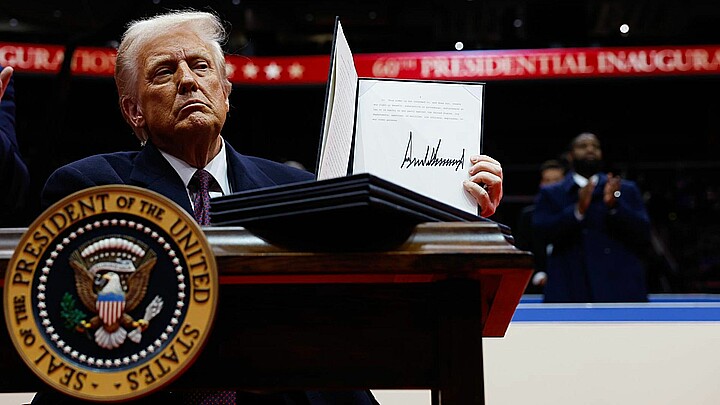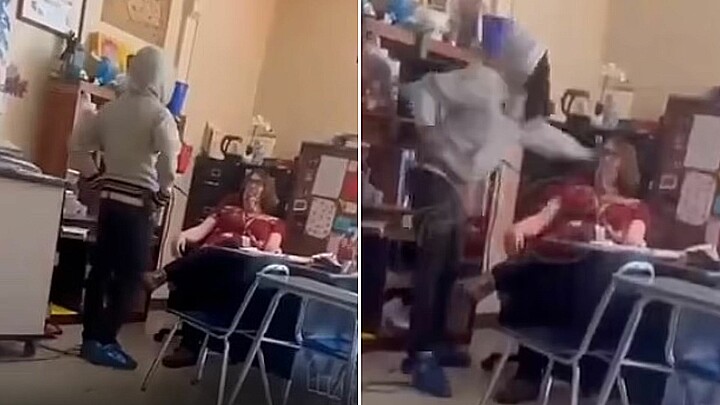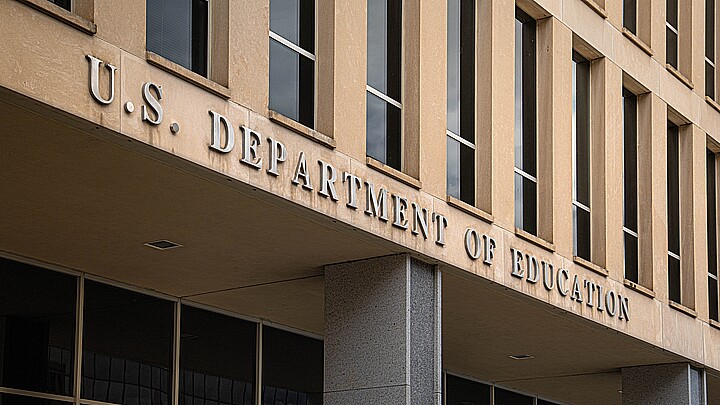Education
School lockdowns hurt minority students most, say two African American members of Congress
Sen. Tim Scott (R-SC) and Rep. Burgess Owens (R-UT) said they “were all too familiar with discrimination and setbacks” growing up in the deep South but managed to rise above it thanks to a strong education.
February 11, 2022 2:13pm
Updated: February 13, 2022 11:04am
Two African American Republican members of Congress wrote a Washington Examiner op-ed on Thursday, asserting that pandemic restrictions on K-12 education have disproportionately hurt Black and Hispanic students, arguing that the way forward was school choice.
Sen. Tim Scott (R-SC) and Rep. Burgess Owens (R-UT) said they “were all too familiar with discrimination and setbacks” growing up in the deep South but managed to rise above it thanks to a strong education.
But the Congressmen were concerned about how minority children were still lagging behind their white peers.
“Despite the remarkable racial progress that has been made in recent decades, disparities within education continue to plague youth. In 2019, only 18% of Bllack fourth graders and 23% of Hispanic fourth graders were proficient in reading, compared with 45% of their white peers,” the pair wrote in the Washington Examiner. “This is unacceptable by any standard.”
“While these disparities are by no means new, they have become even more evident throughout the COVID-19 pandemic, as persistent school closures and learning interruptions have failed children,” the Congressmen continued. “Research shows that Black and Hispanic students lost an average of six months of learning, 33% more than their white peers. Likewise, students from families making less than $25,000 a year lost an average of seven months of learning, 75% more than students from families making over $75,000.”
Scott and Owens laid part of the blame on wealthy families being able to choose schools with in-person learning, while less fortunate families were restricted by their zip code to public school districts, many of which fought against reopening.
They cited how Chicago’s public school teachers went on strike, disrupting instruction in a school district where 83% of students are black o Hispanic.
The Black legislators advocated for school choice so that minority families would not be trapped in school districts they disagreed with.
“Recent polling shows that 74% of voters, including vast majorities of Republican, Democratic, black, Hispanic, and white Americans, want expanded education options that reflect the diversity of the nation's students,” Scott and Owens wrote.










